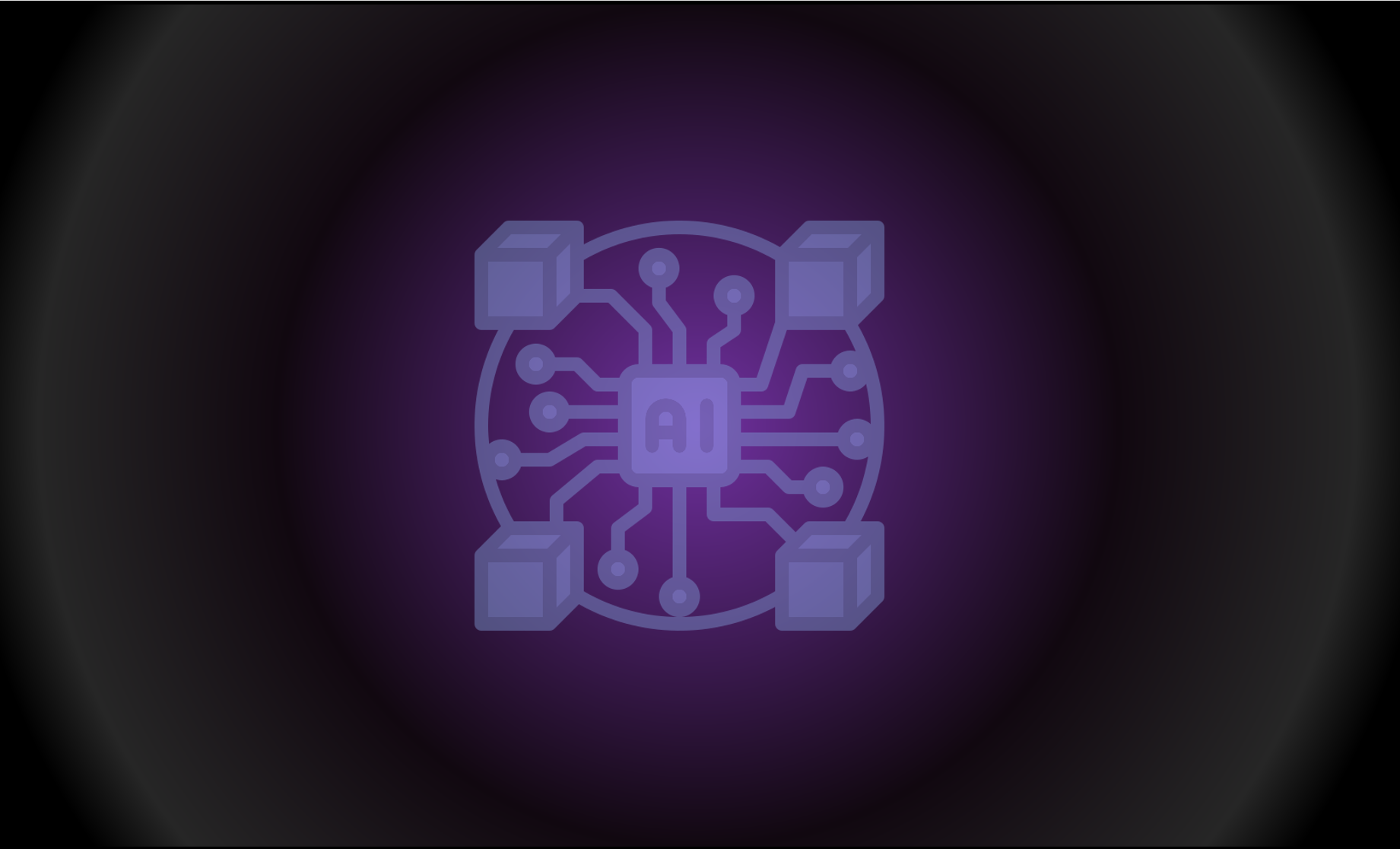Introduction
In the rapidly evolving landscape of technology, blockchain and artificial intelligence (AI) have emerged as two of the most transformative forces. While each technology has its own distinct capabilities, their integration offers a synergistic potential that can revolutionize various industries. This report explores how blockchain complements emerging AI technologies, enhancing their capabilities and addressing some of the inherent challenges associated with AI.
Understanding Blockchain and AI
Blockchain Technology
Blockchain is a decentralized, immutable ledger that facilitates secure and transparent data exchange across multiple parties. It is characterized by its ability to provide a single, shared view of the truth, which enhances trust and efficiency in transactions (IBM). Blockchain’s decentralized nature ensures data integrity and security, making it an ideal platform for applications requiring high levels of trust and transparency. Blockchains with Sharding Architecture like MultiversX can also ensure seamless scalability, accommodating exponential growth in transaction volume and network participants without compromising performance or security.
Artificial Intelligence
AI encompasses a range of technologies that enable machines to mimic human intelligence, including problem-solving, decision-making, and learning. AI’s subfields, such as machine learning and deep learning, utilize algorithms trained on data to make predictions or classifications (IBM). AI’s ability to process vast amounts of data and derive insights is transforming industries by automating tasks and improving decision-making processes.
The Synergy Between Blockchain and AI
Enhancing Data Security and Integrity
One of the primary challenges in AI is ensuring the integrity and security of the data used for training models. Blockchain’s immutable ledger provides a secure and tamper-proof environment for storing data, which is crucial for AI applications that rely on trustworthy data sources (Blockchain Council). By storing data in blockchain, AI systems can access reliable information, enhancing the accuracy and trustworthiness of their outputs
Improving Transparency and Trust
Blockchain’s transparency ensures that all transactions are recorded and visible to network participants, which aligns with AI’s need for transparent data sources. This transparency enhances accountability in AI-driven decisions and actions, fostering trust among businesses and consumers. For instance, in the healthcare sector, blockchain can secure medical records while AI aids in diagnosis through image analysis and predictive analytics (Blockchain Council).
Facilitating Decentralized AI Applications
The integration of blockchain and AI enables the development of decentralized AI applications, often referred to as “decentralized AI.” These applications leverage blockchain’s decentralized architecture to support autonomous decision-making processes. AI algorithms can analyze blockchain data to optimize logistics, predict demand fluctuations, and automate contract execution, reducing disputes and streamlining transactions (Unite.AI).
Enabling Smart Contracts and Automation
Smart contracts, self-executing contracts with the terms of the agreement directly written into code, are a key feature of blockchain technology. AI can enhance smart contracts by enabling them to automatically execute actions based on real-time data, increasing efficiency and reducing conflicts (Solulab). For example, in the financial services industry, AI-driven smart contracts can automate loan processes, improving customer satisfaction by accelerating transaction speeds (IBM).
Use Cases Across Industries
Healthcare
In healthcare, the combination of blockchain and AI can improve patient care while protecting privacy. Blockchain secures electronic health records, allowing organizations to collaborate on treatment insights and patient data analysis. AI can identify patterns and provide actionable insights, enhancing decision-making in patient care.
Supply Chain Management
Blockchain and AI are transforming supply chains by digitizing processes, enhancing data accuracy, and adding intelligence to logistics. AI can analyse blockchain data to optimise supply chain logistics, predict consumer behaviour, and improve inventory management. For instance, manufacturers can track carbon emissions data at the product level, aiding decarbonisation efforts.
Financial Services
In the financial sector, blockchain and AI enhance trust and efficiency in transactions. Blockchain’s secure data storage and AI’s analytical capabilities streamline processes such as loan applications and asset transfers. AI-driven smart contracts can automate these processes, reducing friction and accelerating transaction speeds.
Agriculture
The integration of blockchain, AI, and IoT technologies can revolutionize agriculture by providing predictive analysis and improving resource management. IoT sensors can monitor soil nutrients and crop growth, while AI analyses this data to optimise farming practices. Blockchain ensures data transparency and traceability, reducing logistics time and enhancing decision-making.
Challenges and Considerations
While the integration of blockchain and AI offers numerous benefits, several challenges must be addressed to fully realize their potential. Interoperability between different blockchain networks and AI platforms is crucial for harnessing the power of these technologies. Establishing standards to increase connectivity and ensure compatibility is essential. Additionally, AI models often face data collection challenges, requiring access to diverse datasets from multiple parties. Blockchain can facilitate secure data exchange, but privacy concerns and regulatory compliance must be carefully managed.
Conclusion
The complementary nature of blockchain and emerging AI technologies holds immense potential for transforming industries and addressing some of the most pressing challenges in the digital age. By enhancing data security, transparency, and automation, blockchain provides a robust foundation for AI applications. As these technologies continue to evolve, their integration will unlock new opportunities and drive innovation across various sectors. Embracing this synergy will be crucial for organizations seeking to leverage the full potential of blockchain and AI in the future.
References
Blockchain Council. (n.d.). How blockchain and AI can work together. https://www.blockchain-council.org/blockchain/how-blockchain-and-ai-can-work-together/
Chainlink. (n.d.). Blockchain and AI use cases. https://blog.chain.link/blockchain-ai-use-cases/
IBM. (n.d.). Blockchain and artificial intelligence (AI). https://www.ibm.com/topics/blockchain-ai
Solulab. (n.d.). AI in blockchain. https://www.solulab.com/ai-in-blockchain/
Unite.AI. (n.d.). A comprehensive review of blockchain in AI. https://www.unite.ai/a-comprehensive-review-of-blockchain-inai/


